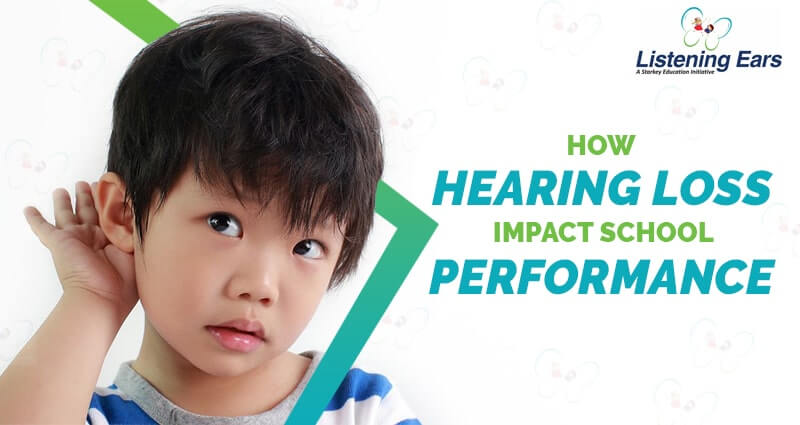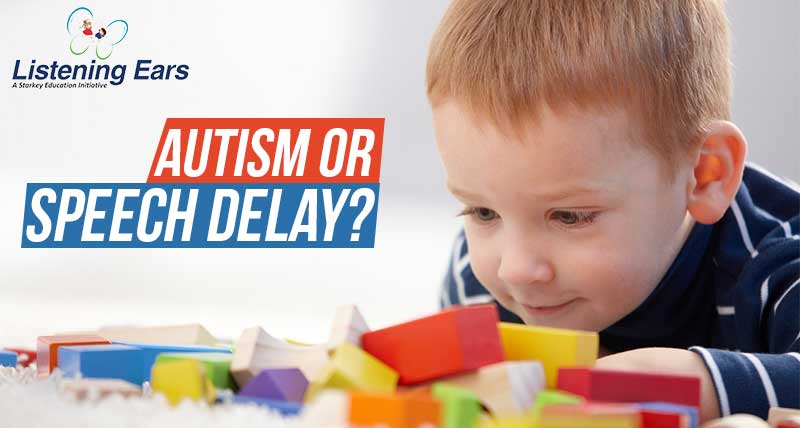Hearing Siblings of Hearing Impaired Children
Early Intervention Benefits Children With Hearing Loss
November 14, 2016Importance Of Free Play
November 16, 2016It’d be hard to understate the importance of the relationship between siblings, especially in the context of communication. Human beings learn a lot of what they know about social behavior (what’s acceptable and what’s not) from interactions with a brother or sister. “Siblings are the people we practice on, the people who teach us about fairness and cooperation and kindness and caring – – quite often the hard way,” says Pamela Dugdale in TIME magazine.
If you grew up with a sibling, think about the things you did together and the things you talked about together that you might not have told mom and dad about!
For normal sibling relationships to develop, however, there has to be good shared communication. For parents, good communication may require deliberate effort and lot of hard work; siblings are rarely taught how to communicate with each other. Being children, they just find a way to do it. They have other advantages too. Being children they pick up languages quickly – it’s not unusual for a hearing sibling’s sign language to be better than a hearing parent’s.
Also being children they approach the challenge of communication in a playful way. They find out for themselves the adaptations they need (like making sure they look at their sister when talking to her) without having to be ‘taught’ them. Siblings in families can also operate as a unit to help make communication work for everyone.
Hearing siblings’ level of adaptation appears to depend on their parents’ attitude and response to the disability, the extent of parental availability, and their own level of maturity and understanding. (Cicirelli, 1995; Dyson et al., 1989; Kramer & Bank, 2005; Stoneman & Berman, 1993) In essence, if the parents are modeling a healthy attitude and high expectations, siblings follow suit.
Also of note, hearing siblings of children who are deaf or hard of hearing may exhibit many positive traits, such as greater levels of maturity, tolerance of differences in other people, empathy, patience, flexibility, and pride in helping their parents with their brother or sister with a hearing loss (Atkins, 1987).
What issues are at the forefront for siblings of individuals who are deaf or hard of hearing?
Siblings taking on such a role may feel they have ‘lost their childhood’ and identity, seeing themselves merely as a go-between (Luterman, 1987; Ogden, 1996).
Gregory et al. (1995) and Slesser (1994) support this notion with the finding that 62 per cent and 50 per cent (respectively) of hearing siblings were described as having some sense of responsibility for their deaf brother/sister.
However Tattersall and Young’s 2003 study of grown up hearing siblings also showed the value that might be appreciated in having taken on some added responsibility in childhood for a hearing impaired sibling and communication the positive influence it can have on later life.
As with many aspects of family life, the issue is one of balance. Is too much being expected of hearing sibling? How much do they have a choice? It is also important to set the issue of sibling responsibility in context. In all families, there will be many kinds of relationships of responsibility and shared responsibility between siblings – for example between older and younger brothers and sisters.
It has also been suggested that siblings of deaf children may feel jealous and neglected in response to parental or professional attention aimed at their deaf brother/sister (e.g. Harris, 1996; Marschark, 1997; Gregory, 1976; Slesser, 1994).
Sometimes it’s just about the amount of time that seems to be given to the sibling (whether by parents or professionals). Sometimes it’s about the perception that the sibling gets; extra things like special toys, visits, or different opportunities to play. Depending on the age of the hearing sibling, it can be very hard from their child’s eye view to understand how this can be fair.
As children get older they may rationalize and understand why a hearing impaired sibling might have to be treated differently, but that does not necessarily mean that it will ‘feel’ ok.
Appropriate counseling, good support will help tap the best in this relationship for both and aid in raising mature & caring adults.
REFERENCES:
- http://www.handsandvoices.org/comcon/articles/pdfs/siblings.pdf
- http://www.babyhearing.org/Parent2Parent/parenttalk/Siblings.asp
- http://www.journalofhearingscience.com/download/index/idArt/882085
- http://www.handsandvoices.org/comcon/articles/pdfs/siblings.pdf



